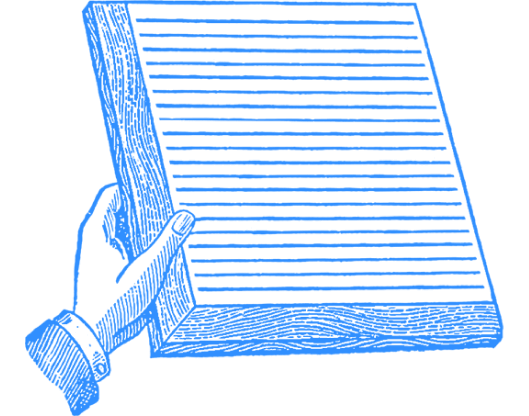
I have a new column up at Kaiser Health News this week. An excerpt:
It is now readily apparent that piling up debt at the rates implied by the president’s budget would all but invite an economic crisis. At some point, the flood of Treasury debt instruments worldwide would lead lenders to demand higher rates of return for their loans, or perhaps to runaway inflation — or more probably both. The result could be quite devastating to private-sector business investment, productivity and job growth, making it all the more difficult to get out from under the debt spiral that would ensue….
It’s not that the president and his advisors don’t recognize the problem. They speak frequently about the dangers of business as usual. The problem is that the president’s stated solution will never work.
What the administration would like to do is to have Congress pass the health care bill and then follow it up with a bipartisan deficit-cutting plan, put together by a special commission assigned with assembling a medium and long-term solution to the nation’s budgetary woes.
The first problem with this sequencing is its unrealistic political calculus…. The other problem is the planned timing of the debt commission’s recommendations and congressional action. The president would like the commission to issue its plan after the November congressional elections, and have a lame-duck Congress vote on it between early November and the start of new Congress next January. So the most far-reaching tax hikes and spending cuts in a generation would be recommended by an unelected commission and passed by an exiting Congress, all in a matter of days and weeks, even as newly elected members are set to take their seats. To say the odds are long is quite an understatement.
The whole thing is available here.
